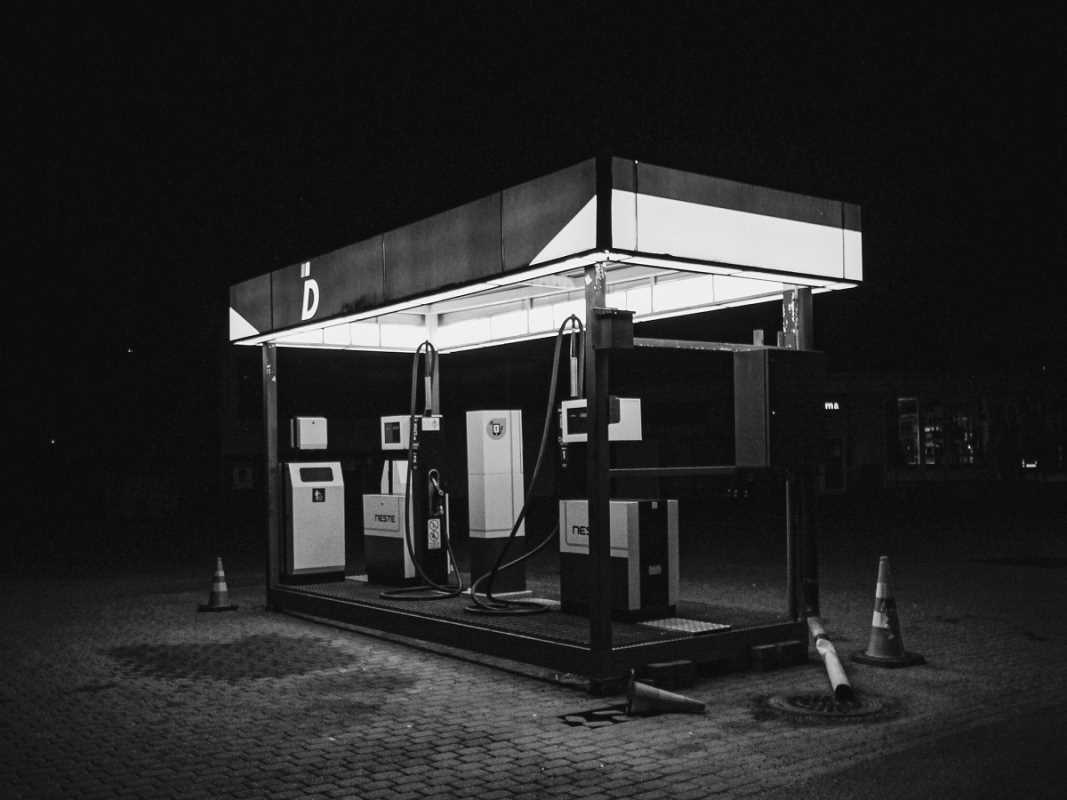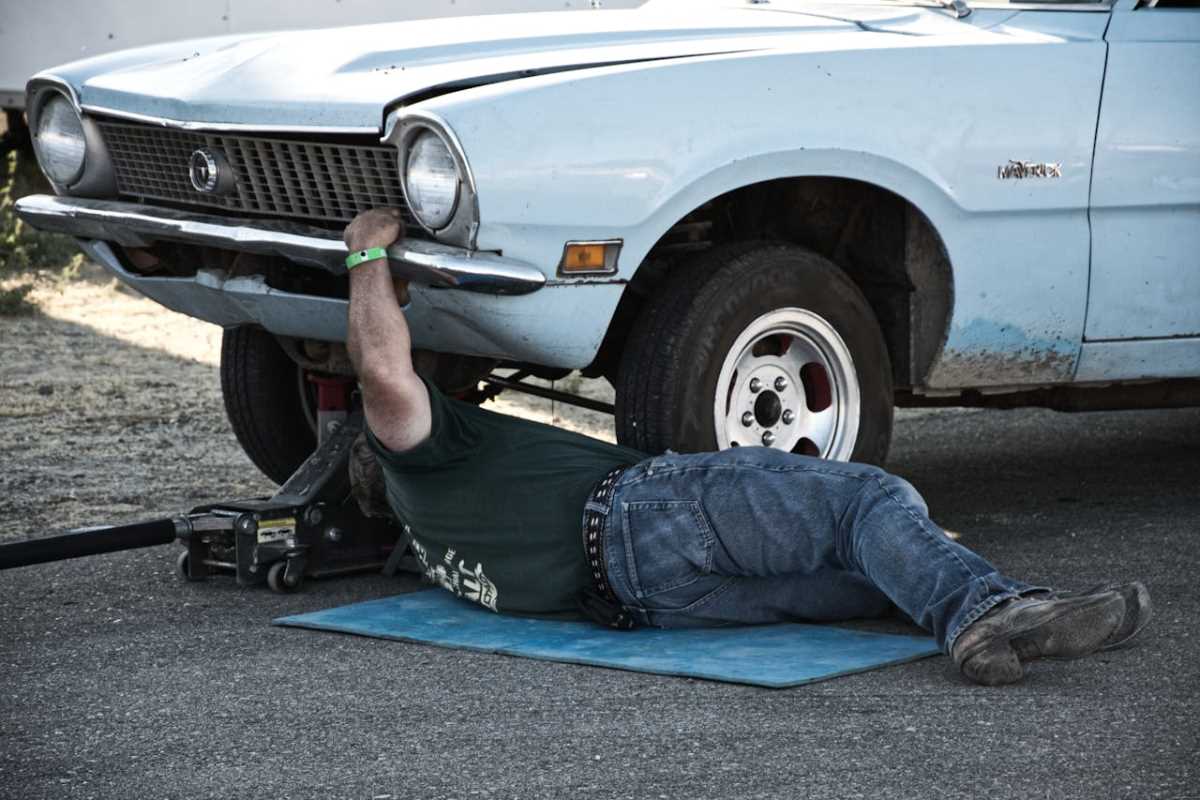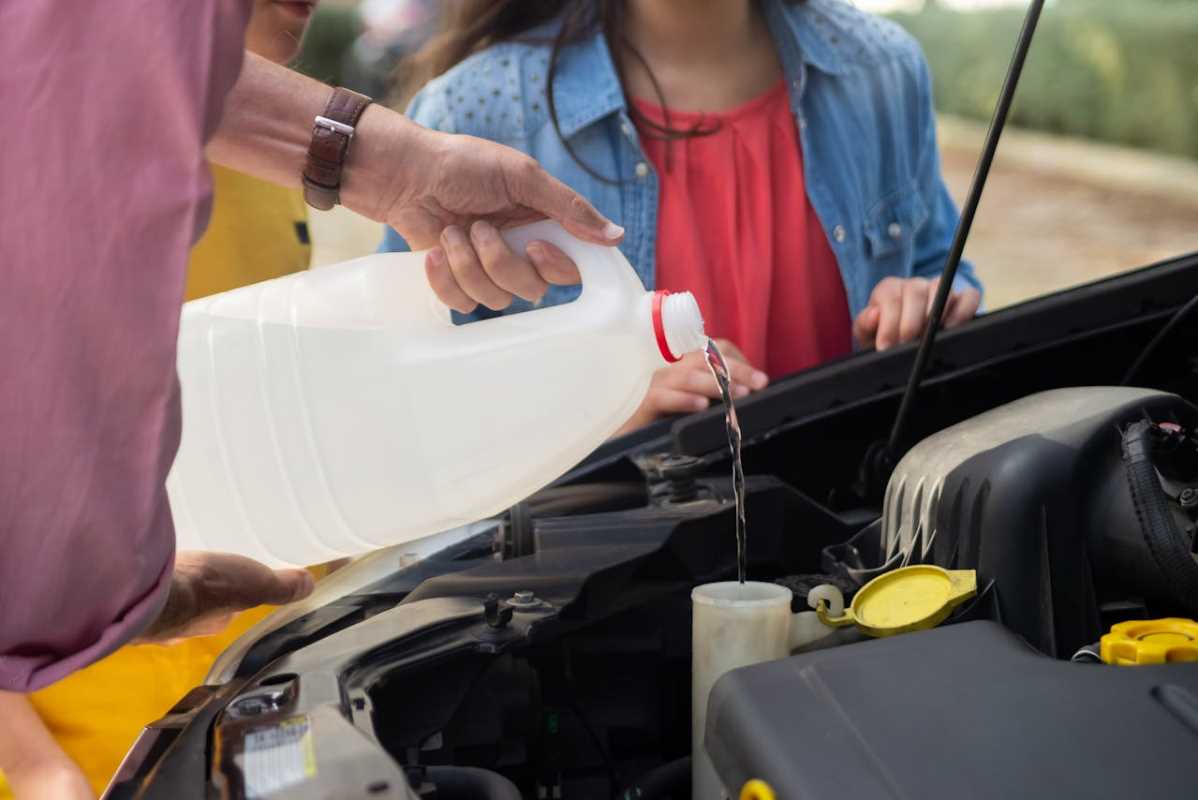Your car can communicate with you in many ways, and one of the most powerful is through smell. A strange odor is your vehicle’s way of telling you that something might be wrong, and learning to interpret these scents is a skill every car owner can develop. It’s easy to dismiss an unusual smell, but you have the power to be your car's first detective, identifying potential issues before they become serious problems. We’re here to help you on that journey. This guide will walk you through the most common car smells, what they mean, and what you can do about them, giving you the confidence to take action and keep your car running smoothly.
Why You Shouldn't Ignore Strange Car Odors
An unusual smell is more than just an annoyance; it’s a valuable diagnostic clue. Many of your vehicle’s most critical systems use fluids that have distinct odors, and when these systems leak or fail, the resulting smell is an immediate red flag. Ignoring these warnings can lead to dangerous situations and expensive, cascading repairs.
By paying attention to what your nose is telling you, you can catch problems early. This proactive approach not only helps ensure your safety on the road but also saves you from the stress and financial burden of a major breakdown. Think of yourself as a scent detective—with a little knowledge, you can solve the mystery and make smart decisions for your vehicle.
The Scent Decoder: Common Smells and What They Mean
Let's break down the most common weird car smells. We’ll help you identify the scent, understand the potential cause, and know what steps to take next. You've got this!
1. The Smell: Burnt Carpet or Burning Rubber
A burnt carpet or rubbery smell is often related to your braking system. Your brakes generate a lot of heat and friction, and this scent is a classic sign that something is working too hard or is out of place.
- What it could mean: The most common cause is a seized brake caliper. A caliper is the part that squeezes the brake pads against the rotor. When it gets stuck, it keeps the brake partially engaged, causing constant friction and intense heat. You might also notice your car pulling to one side. Another possibility is that you accidentally drove with the parking brake partially on.
- What to do: If the smell is strong, pull over safely and let your brakes cool down. A seized caliper is a serious safety issue that requires immediate professional attention. Do not continue to drive if you suspect this is the problem.
- Potential Cost: Repairing a seized brake caliper can cost between $300 and $600, a necessary investment to ensure your car can stop safely.
2. The Smell: Sweet, Syrupy Maple Syrup
This distinctively sweet smell is almost always a sign of an engine coolant leak. Coolant (also called antifreeze) contains ethylene glycol, which has a sweet odor. It is a critical fluid that prevents your engine from overheating.
- What it could mean: You likely have a leak somewhere in your cooling system. This could be from a cracked radiator, a split hose, a failing water pump, or a leaky head gasket. You might also notice a colorful puddle (usually green, pink, or orange) under your car.
- What to do: This is a serious issue. Pull over and check your temperature gauge. If it’s in the red, turn off the engine immediately to prevent catastrophic damage. Do not attempt to open the radiator cap when the engine is hot. Have your car inspected by a mechanic as soon as possible.
- Potential Cost: A simple hose replacement might cost $150 to $300. A radiator replacement can be $400 to $900, while a head gasket repair is a major job costing $1,500 to $3,000+. Catching it early can save you from the most expensive outcomes.
3. The Smell: Rotten Eggs or Sulfur
This unpleasant, sulfurous smell is a tell-tale sign of a problem with your exhaust system, specifically the catalytic converter.
- What it could mean: The catalytic converter is designed to convert harmful hydrogen sulfide in your exhaust into odorless sulfur dioxide. When it fails, it can’t perform this conversion properly, resulting in the rotten egg smell. This is often caused by an underlying engine problem that has allowed unburned fuel to enter the exhaust.
- What to do: A failing catalytic converter is a significant emissions issue and can cause your car to run poorly. You should have your vehicle diagnosed by a professional to fix both the converter and whatever caused it to fail.
- Potential Cost: Replacing a catalytic converter is an expensive repair, typically ranging from $1,000 to over $2,500. Addressing it promptly is key to passing emissions tests and preventing further engine trouble.
4. The Smell: Burnt Oil
The smell of hot or burning oil is sharp and acrid. It usually means that oil is leaking from the engine and dripping onto hot components.
- What it could mean: The most common cause is a leaky valve cover gasket, which is a seal on top of the engine. As oil seeps out, it drips onto the hot exhaust manifold and burns off, creating the smell. It could also be a leak from another seal or a sign of a more serious internal engine problem.
- What to do: Pop the hood and look for visible signs of oil leaks or smoke. Even a small leak can be a fire hazard and should be addressed. Take your car to a mechanic for an inspection.
- Potential Cost: Replacing a valve cover gasket is a common repair, typically costing $200 to $400. It’s a small price to pay to prevent a potential engine fire and keep your engine healthy.
5. The Smell: Musty, Dirty Socks
This odor, which typically comes from your vents when you turn on the AC, is a sign of mold or mildew growth within your HVAC system.
- What it could mean: Moisture collects in the dark, damp environment of your AC evaporator. This creates a perfect breeding ground for mold and bacteria. It can also be caused by a clogged cabin air filter that has become saturated with moisture and organic debris.
- What to do: The first and easiest step is to replace your cabin air filter. This is a simple DIY task you can do in minutes. If the smell persists, a professional can perform an HVAC system cleaning service to kill the mold and mildew.
- Potential Cost: A new cabin air filter costs $15 to $30. An HVAC cleaning service can range from $80 to $150. This is a small investment for healthier, fresher air inside your car.
6. The Smell: Gasoline
The smell of raw gasoline is a serious red flag that should never be ignored. It indicates a fuel leak, which is a major fire hazard.
- What it could mean: You could have a leak anywhere in the fuel system, such as a cracked fuel line, a leaky fuel injector, or a faulty fuel tank seal. Sometimes, a loose gas cap can cause a faint fuel vapor smell, but a strong gasoline odor suggests a liquid leak.
- What to do: If you smell raw gasoline, park the car, turn it off, and do not attempt to start it again. A fuel leak combined with an electrical spark or a hot exhaust can easily start a fire. Have your vehicle towed to a repair shop immediately.
- Potential Cost: The repair cost varies widely depending on the source of the leak. A new gas cap is $15, while repairing a fuel line could be $100 to $400. The most important thing is to address this fire risk without delay.
 (Image source: Midjourney)
(Image source: Midjourney) 





